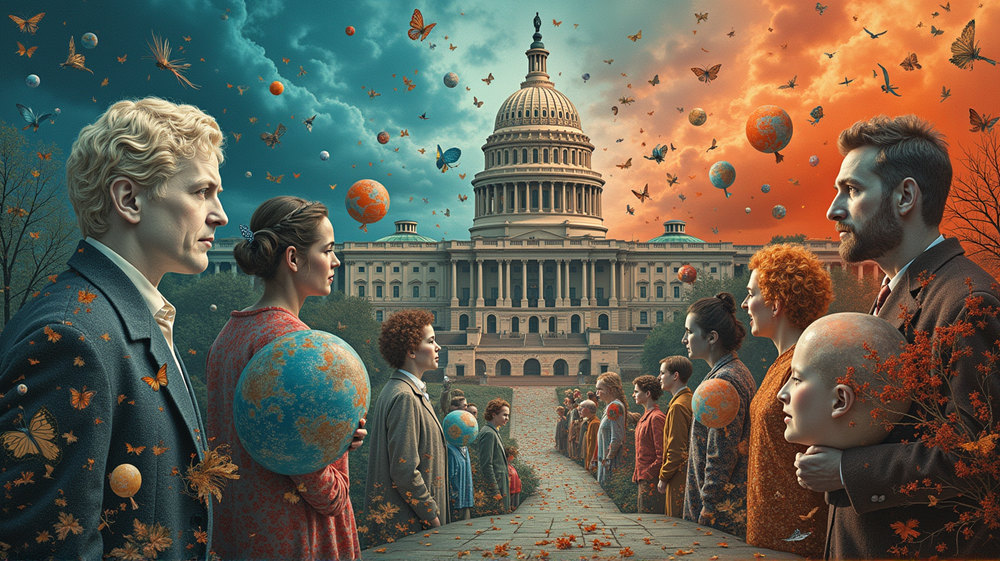Since President Trump assumed office for his second term, a whirlwind of policy changes through the Department of Health and Human Services (HHS) have rippled through the U.S. public health landscape. These have not just altered the status quo but sparked debates, legal challenges, and a significant reevaluation of public health priorities.
The Executive Wave: Erasing Data and Restructuring Strategies
The early months of Trump’s second term saw the enactment of numerous Executive Orders (EOs) that redefined the federal government’s focus, particularly regarding diversity, equity, and health data transparency. Notably, these EOs resulted in the removal and later partial restoration of thousands of public health websites and databases deemed politically sensitive or controversial. Legal actions have been swift, reflecting the contentious nature of these abrupt changes.
Fiscal Realignment: Impact on Health Research Funding
The administration’s attempt to implement a new indirect cost rate policy by the National Institutes of Health (NIH) faced judicial pushback, with courts temporarily restraining the dramatic funding cuts for health research institutions. Meanwhile, significant financial resources have been reallocated to new initiatives, including a $500 million investment announced by HHS in a universal vaccine platform, marking a notable pivot in vaccine research focus.
Controversial Leadership and The MAHA Commission
Under the leadership of Secretary Robert F. Kennedy Jr., confirmed along party lines, a commission aimed at addressing chronic diseases in children—a prominent marker of the “Make America Healthy Again” agenda—was established. Reports from this commission have garnered attention for their controversial claims and apparent reliance on artificial intelligence, inciting public and expert criticisms alike.
Vaccine Policies and the Reinstatement of Skepticism
Vaccine policies have seen substantial revisions, with the CDC no longer recommending COVID-19 vaccines for healthy pregnant women and children. These decisions deviate from longstanding public health practices and reflect a broader administrative skepticism towards existing vaccine protocols. The unexpected dismissal of the entire Advisory Committee on Immunization Practices further underscores this radical departure.
A Return to Precedent: Revisiting Vaccine Safety Oversight
HHS’s decision to reinstate the Task Force on Safer Childhood Vaccines has resonated deeply with longstanding anti-vaccine campaigners, who view this move as a critical step towards heightened vaccine safety oversight. However, its implications may also stir healthcare division and debate over vaccine safety narratives.
Uncertain Roads Ahead: Policy Changes Amidst Legal and Public Pushback
Among the more contentious decisions include the resumption of policies that had once designated gun violence as a public health crisis, now rolled back. Additionally, the funding and plan cuts to educational programs, HIV/AIDS research, and opioid crisis initiatives reflect the complex interplay of administrative priorities and public health.
In summary, the sweeping changes initiated by the Trump administration’s second term have reshaped the public health environment dramatically. These actions, while aimed at restructuring and refocusing health priorities on American soil, have undoubtedly steered governmental policy into controversial territory, leaving the nation to navigate the ensuing legal and societal challenges. According to KFF, these policies have left a lasting mark on the discourse surrounding health and governance.












